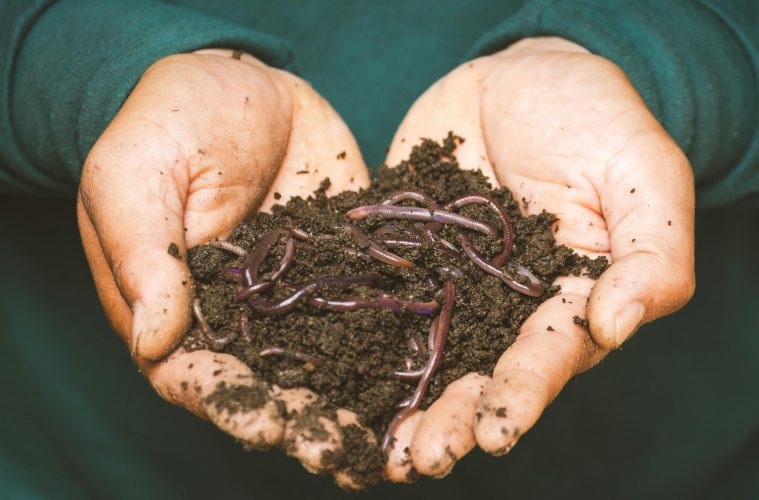21 October is the day Earthworms – one of the world’s essential and beneficial creatures – is appreciated globally. Earthworms are nature’s super decomposers, and they are known to eat organic matter, plants and food scraps and turn them into nutrients for your soil.
Benefits of earthworms
Worm secretions improve soil health by speeding up the decomposition of organic waste and increasing its fertility. Earthworms also keep the soil moist and play an essential role in maintaining healthy soil ecosystems.
Here’s how to create an earthworm farm in your garden:
Repurpose plastic tubs
Repurposing plastic tubs is one of the simplest ways to create a worm farm. Use plastic containers that are already sitting in your kitchen without any purpose. Whether it’s an empty ice cream tub, margarine tub, or even a large yoghurt container, these items make great homes for your new earthworm friends.
Step 1: Start by choosing a clean container, then carefully bore several small holes in the bottom using a soldering iron or similar tool. This will allow for drainage and ventilation. Don’t forget to make a few holes in the lid too—earthworms need air!
Step 2: Next, line the bottom of your tub with a layer of damp newspaper or brown cardboard (around 4cm thick) to create a moist environment for the worms. Then, place your earthworms into the container.
Step 3: For kitchen composting, position a second tub without holes underneath the first one to catch the nutrient-rich worm juice. If you’re keeping the farm outdoors, dig a small hole in a shaded area of your garden and place your worm farm there. This keeps the worms cool and allows them to work their magic.
Starting a worm farm is not only a fantastic way to recycle kitchen scraps but also a fun project for kids. It’s an easy, eco-friendly practice that brings you closer to nature while supporting healthy soil. Let’s appreciate these tiny, but mighty creatures and make them a part of your sustainable lifestyle.
ALSO SEE:
Featured image: Pexels


